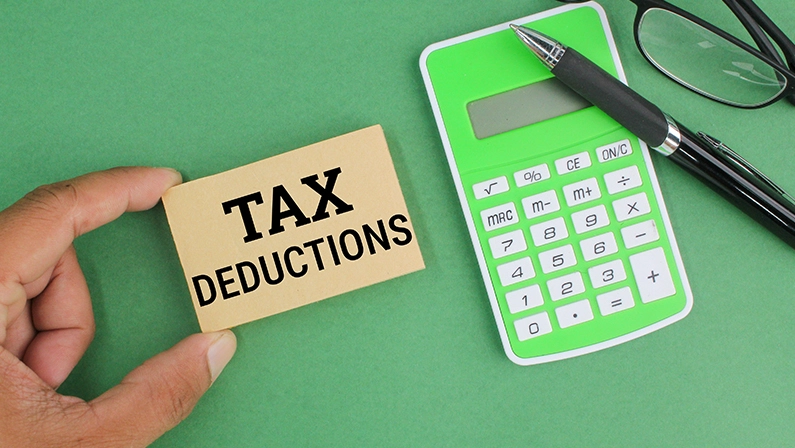Contents
Home Office Deduction
Do you work at home? You may be eligible to taking the deduction of the home office. This can be applied even with regard to whether you own or rent a space as long as you use a part of your home almost every day and solely out of business.
Two ways exist:
- Easy math: 5 dollars per square foot to a maximum of 300 square feet
- Actual expense: A portion of your rent/mortgage, utilities and repairs
Just make sure your workspace truly qualifies and you can’t claim the kitchen table unless it’s used solely for your business.
Business Equipment and Software
Whether it is laptops, printers, business phones, or even software subscriptions to do work with there is nothing wrong with everything. An app such as Adobe Creative Cloud, Zoom, project management services, or the subscription to your online store? Write off everything provided that you need them to run your business.
You can either deduct the full cost in the year of purchase (using Section 179) or depreciate it over several years, depending on the IRS rules and your accountant’s advice.
Vehicle Expenses
Are you a business driver, such as going to a client, delivering or some other type of work-related errand? You are allowed to deduct either mileage or vehicle expenses.
For 2025, the IRS mileage rate is expected to be around 67 cents per mile (check official rates when filing). Or you can opt to work with the actual cost method that incorporates gas, maintenance, insurance, and depreciation.
Travel and Meals
When going on a business trip, do not discard those receipts. The cost of getting there, the rooms at the hotel, share rides, and meals on the road can be deducted–provided that the business journey is a direct relation to business.
Lunches or dinners with the clients, the suppliers or other business partners can also be deducted at the rate of 50 percent. Simply ensure that you take a record of the reason behind the meeting and have itemized receipts.
Outsourcing and Professional Services
Entering a contract with an accountant, a web developer, a virtual assistant or a freelance content writer? They are deductible business expenses. It is the same case with legal expenses, consultants, or marketing assistance. Even fees related to setting up your business, such as incorporation services cost, may be eligible for deduction. Keeping clear records of these transactions will make tax time much easier. Always consult a tax professional to ensure you’re maximizing your allowable deductions.
If you’re paying contractors, you’ll need to issue 1099s and keep clear records. That’s where things like EINs and tax status come into play and why every founder should get familiar with a tax ID guide for founders.
A good tax ID guide for founders will explain when you need to request W-9s, issue 1099s, or withhold taxes. It is not only beneficial, but it is also necessary.
Insurance Premiums
Business insurance (like liability or cyber coverage), property insurance, and even certain health insurance premiums may be deductible if you’re self-employed.
If you’re covering health plans for employees, those premiums are usually deductible, too along with any contributions to Health Savings Accounts (HSAs) or retirement plans.
Marketing and Advertisement
Google Ads on the run? And willing to spend money on paid posts sponsored on Instagram or in collaborations with the influencers?
It could all be under deductible marketing expenditures just as long as it does promote your business prospects. You need to store invoices or screenshots so you could track the money spent on advertising, particularly when you collaborate with freelancers.
Education and Training
Courses, workshops, online certifications or business books which can help you become a better person or update you in your industry? Deductible.
You just need to ensure that it pertains to your field though. Is there such a thing as a copywriting course to a freelance writer? Yes. A marketing consultant and pottery? Probably not.
Phone, Utilities and Internet
When you work out of your homes or have a brick-and-mortar business, you can write off some of your internet cost, phone bill, electricity and water- as long as it is used in business.
In the case of cell phones, determine the percentage of work used and personal. But you do not need to follow every phone call but make a rough breakdown.
Final Thoughts
Taxes may be tricky, but the deductions are on your side. Save thousands in a year and re-invest it back into your business. In order to do this, be well-organized and know what counts. It includes home office, publicity, food, travelling – many things add to a hastily accrued total.
Smart tax planning is not merely trying to save some money now but rather a vision of future success of your business on a year-to-year basis.

